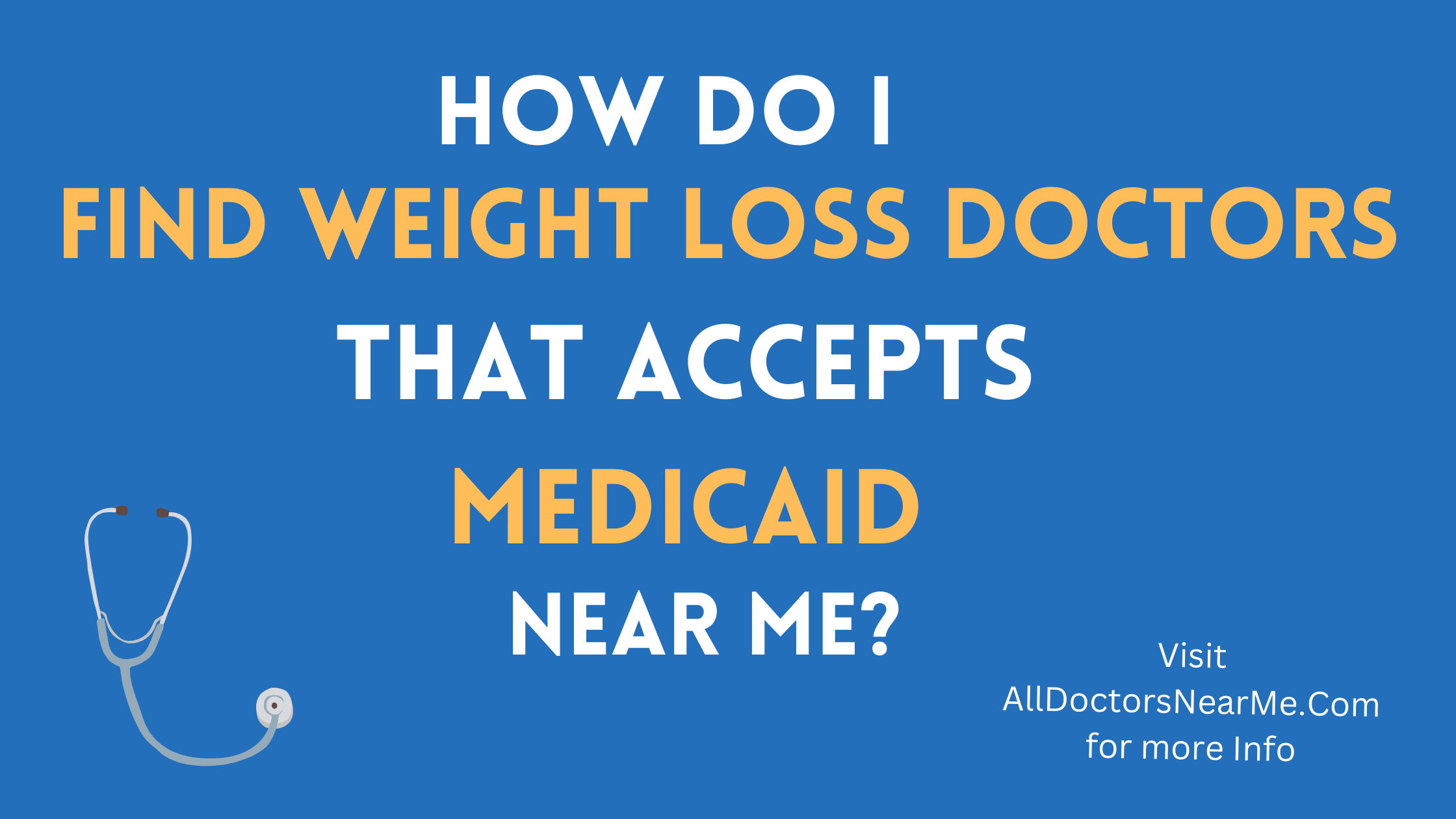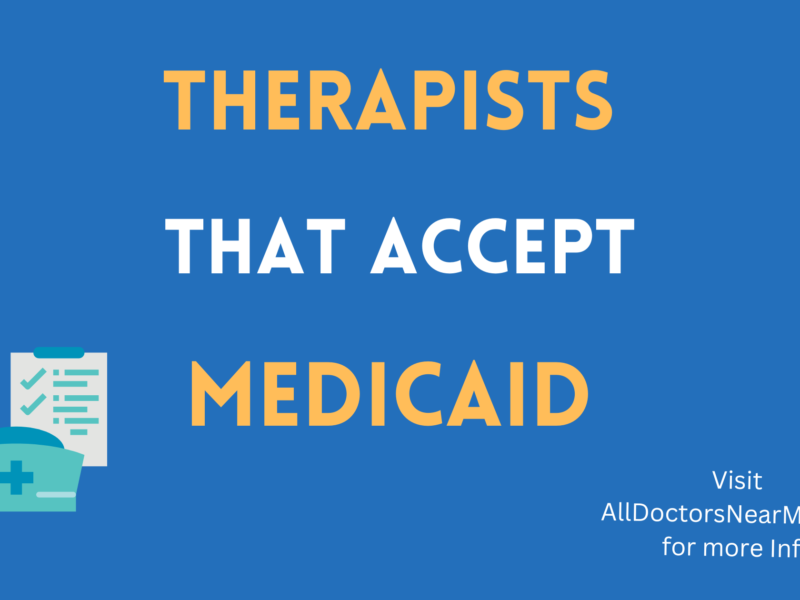Healthcare is an essential aspect of our lives, yet navigating its complexities often feels overwhelming. With Medicaid Expansion set to evolve in 2025, many are wondering how the changes will impact them or their loved ones. This expansion brings promise and opportunity, extending healthcare to those who need it most, but it also raises questions and uncertainties.
This article guides you through Medicaid Expansion 2025, offering clarity and insights. Whether you’re a health-conscious individual, a young professional, or part of a family seeking affordable healthcare, understanding these changes can empower you to make informed decisions.
Understanding Medicaid Expansion
To understand what Medicaid Expansion means for 2025, we first need to grasp its foundation. Medicaid, in essence, is a federal and state program that provides health coverage to low-income individuals and families. It’s a lifeline for millions, ensuring access to essential healthcare services.
The Affordable Care Act (ACA), enacted in 2010, played a pivotal role in expanding Medicaid. It allowed states to broaden their eligibility requirements, extending Medicaid benefits to individuals who previously did not qualify due to income thresholds. Expansion under the ACA has been widely credited with increasing access to healthcare and reducing the number of uninsured individuals in the U.S.
Key Changes Under the 2025 Expansion
Updated Eligibility Criteria
The 2025 Medicaid Expansion introduces revised eligibility criteria. Before this change, many individuals fell into the “coverage gap”—earning too much to qualify for Medicaid but too little to afford private insurance. With higher income thresholds and broader inclusivity, the expansion aims to close this gap.
Who qualifies under the new eligibility criteria?
- Single adults earning up to 138% of the federal poverty level (FPL).
- Families whose combined household income meets the expanded income limits.
- Previously excluded groups, such as young professionals or caretakers who did not qualify due to technicalities.
Affordable and Accessible Healthcare
The expansion enhances access to preventive care, mental health services, and treatment for chronic conditions. This shift emphasizes health equity, aiming to reduce barriers that disproportionately affect marginalized communities.
Imagine a young professional who finally has access to therapy sessions covered by Medicaid, or a family relieved to afford consistent doctor visits for their child. These are the real, life-changing effects of Medicaid Expansion.
Benefits of Medicaid Expansion for Different Groups
For Health-Conscious Individuals
Wellness isn’t just about hitting the gym or eating greens; access to regular checkups and preventive care is vital. Medicaid Expansion ensures more people can access screenings, vaccinations, and personalized health advice without financial stress.
For Young Professionals
Young professionals working entry-level jobs often find themselves in precarious healthcare situations. This expansion helps them access comprehensive insurance, supporting mental health services, physical exams, and even specialist appointments—all without derailing their monthly budgets.
For Families
Raising a family comes with its fair share of expenses, but managing healthcare shouldn’t be a burden. Expanded Medicaid will mean fewer families have to choose between paying for groceries or taking their sick child to the doctor.
Real-Life Impact
Take Sarah, a single mom whose income previously disqualified her from Medicaid. With the expansion, she now has full coverage for her children’s pediatric care and can prioritize her own health with maternity benefits she couldn’t access before.
Challenges and Controversies
Like any significant policy shift, Medicaid Expansion comes with challenges and debates.
Potential Drawbacks
- Administrative Hurdles: States need robust systems to handle the influx of new enrollees. Delays and inefficiencies may arise during the rollout.
- Costs to States: Although federal funding supports the expansion, some states face financial concerns about sustaining long-term implementation.
Addressing Misconceptions
It’s common to hear critiques that Medicaid recipients abuse the system. However, studies consistently show that expanded Medicaid reduces medical debt, increases workforce participation, and improves long-term health outcomes—validating its economic and societal benefits.
How to Navigate the Changes
With these shifts, it’s essential to know how to take advantage of what Medicaid Expansion offers.
Steps to Determine Eligibility
- Check the new income thresholds for your state online or consult a Medicaid advisor.
- Gather necessary documentation, such as proof of income, household size, and residency.
- Apply through your state’s Medicaid website or healthcare.gov to determine eligibility.
Tips for New Enrollees
- Understand Your Coverage: Familiarize yourself with the services your Medicaid plan includes.
- Talk to Providers: Ensure your preferred doctors accept Medicaid.
- Stay Updated: Check for announcements or resources from state agencies as the changes roll out.
What’s Next for Medicaid?
The Future Outlook
Experts predict Medicaid will continue to evolve beyond 2025. Future expansions may focus on dental and vision coverage, telehealth accessibility, and addressing health equity gaps in underserved areas. Keeping an eye on policy discussions and upcoming legislative changes will be crucial for staying informed.
Your Role in the Future of Healthcare
Engage with policymakers, join community discussions, and support initiatives that aim to improve healthcare access. Expanding Medicaid isn’t just about policy—it’s about building a healthier society for everyone.
A Fresh Opportunity for Healthcare Access
Medicaid Expansion 2025 isn’t just a policy update; it’s a new chapter for millions of Americans seeking affordable, quality healthcare. Whether you’re exploring it for yourself, your kids, or your parents, the changes coming in 2025 could be the key to a healthier, more stable future.
It’s time to act. Share this post with someone who might benefit or start a conversation about the importance of healthcare equity. The future of healthcare is evolving—make sure you’re part of the change.


